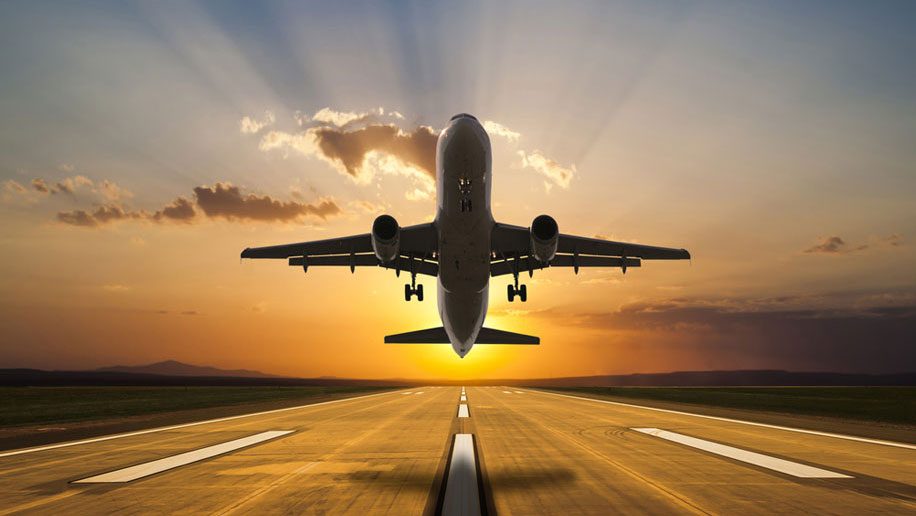
The latest poll of recent travellers by the International Air Transport Association (IATA) has revealed growing confidence in a return to air travel, accompanied by frustration with current travel restrictions and an approval of digital health passports.
Over half of respondents (57 per cent) expect to be travelling within two months of the pandemic being contained, which is a rise of eight per cent since September 2020. This is bolstered by the vaccine rollout which indicates that 81 per cent will be more likely to travel once vaccinated.
When it comes to business travel, respondents believe that the revival will still take time, with 62 per cent of travellers saying they are likely to travel less for business even after the virus is contained – this is, however, an improvement from the 72 per cent recorded in September.
Travellers continue to be reticent to travel if it involves restrictions, however, with 84 per cent choosing not to travel if it involves quarantine at the destination – this is largely unchanged from September. Additionally, people are frustrated with ongoing measures, with just under half of respondents (49 per cent) believing that air travel restrictions have gone too far. The poll also reveals the mental health impact of curtailed travel, with 68 per cent agreeing that their quality of life has suffered due to such measures.
The findings suggest that people want to return to travel while managing the risks of Covid-19, with 84 per cent believing that “the virus will not disappear and that we need to manage its risks while living and travelling normally”. In terms of reopening borders, 88 per cent believe that the right balance must be struck between managing risks and restarting the economy, with 85 per cent stating that governments should set targets such as testing capacity or vaccine distribution.
The emergence of digital health passports is one such way of reopening borders across the world, though the concept has been subject to controversy. IATA’s poll, however, demonstrated a strong approval of such apps, with 80 per cent of respondents encouraged by the prospect of the IATA Travel Pass and willing to use it as soon as it is available.
Travellers wish to see global standards and the highest level of data security in this instance, with 89 per cent believing that governments need to standardise vaccine and testing certificates, while 78 per cent would only use a travel credential app if they have full control over their data.
Alexandre de Juniac, IATA’s Director General and CEO, commented on the findings:
“The top priority of everybody at the moment is staying safe amid the Covid-19 crisis. But it is important that we map a way to being able to re-open borders, manage risks and enable people to get on with their lives. That includes the freedom to travel. It is becoming clear that we will need to learn to live and travel in a world that has Covid-19. Given the health, social and economic costs of travel restrictions, airlines should be ready to re-connect the world as soon as governments are able to re-open borders. That’s why a plan with measurable milestones is so critical. Without one, how can we be prepared for restart without an unnecessary delay?”
Commenting on the IATA Travel Pass in particular, De Juniac stated:
“We are designing IATA Travel Pass with the traveler in mind. Passengers keep all the data on their mobile devices, and they remain in full control of where that data goes. There is no central database. While we are making good progress with numerous trials, we are still awaiting the global standards for digital testing and vaccine certificates. Only with global standards and governments accepting them can we maximize efficiency and deliver an optimum travel experience.”
The IATA Travel Pass has been under development since last year, and several carriers have signed up for trials in the coming weeks and months, including Singapore Airlines, Air Baltic, Malaysia Airlines, Rwandair and Air New Zealand.
Three of the Gulf’s largest airlines are also set to conduct trials, and BA’s parent company IAG has been working with IATA on the development of the scheme.
For a look at the pros and cons of “vaccine passports”, and the different options being developed, see our recent features:












